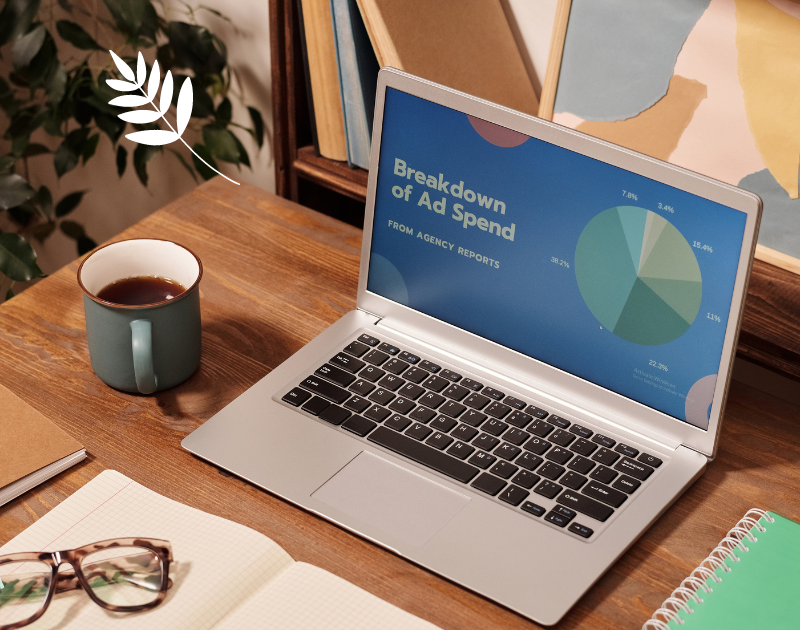
Digital marketing is a term we hear often these days. It refers to the use of the internet and digital devices to promote products and services. As our world becomes increasingly digital, understanding what digital marketing is and why it matters is crucial for anyone involved in business.
Digital marketing is any marketing effort that uses electronic devices or the internet. Businesses use digital channels like search engines, social media, email, and websites to connect with their customers. Unlike traditional marketing, such as print ads or TV commercials, digital marketing allows businesses to target specific audiences and measure the success of their campaigns in real time.
Search Engine Optimization (SEO):
SEO is about making your website more visible on search engines like Google. When people search for something related to your business, you want your website to show up at the top of the results. SEO involves using the right keywords, creating quality content, and building links to your site from other websites.
Content Marketing:
Content marketing means creating and sharing valuable content to attract and engage your audience. This can include blog posts, videos, infographics, and more. The goal is to provide useful information that your audience is looking for, which helps build trust and authority.
Social Media Marketing:
Social media marketing involves using platforms like Facebook, Instagram, Twitter, and LinkedIn to promote your business. You can create posts, share content, and run ads to reach a larger audience. Social media allows you to interact directly with your customers and build a community around your brand.
Pay-Per-Click (PPC) Advertising:
PPC advertising is a way to get your ads seen by people who are searching for things online. You pay a fee each time someone clicks on your ad. Google Ads is a popular PPC platform, but you can also run PPC ads on social media sites.
Email Marketing:
Email marketing involves sending targeted messages to people who have signed up to receive emails from you. It’s a great way to keep your customers informed about new products, promotions, and updates. Personalized and well-segmented email campaigns can lead to high engagement and conversions.
Affiliate Marketing:
Affiliate marketing is when you partner with other people or businesses to promote your products. Affiliates earn a commission for every sale they help generate. It’s a performance-based marketing strategy that can expand your reach.
Influencer Marketing:
Influencer marketing leverages people with a large following on social media to promote your products. Influencers can help you reach a wider audience and add credibility to your brand.

Wider Reach:
Digital marketing allows you to reach people all over the world. Unlike traditional marketing, which might be limited to a local area, digital channels can connect you with a global audience.
Cost-Effectiveness:
Digital marketing is often more affordable than traditional methods. Small businesses can compete with larger companies by using cost-effective strategies like SEO and social media marketing.
Targeted Marketing:
With digital marketing, you can target specific groups of people based on their interests, behavior, and demographics. This means your marketing efforts are more likely to reach the right people and lead to conversions.
Measurable Results:
One of the biggest advantages of digital marketing is that you can measure your results in real time. You can see how many people are visiting your website, how many are clicking on your ads, and how many are making purchases. This data helps you refine your strategies and improve your ROI.
Improved Customer Engagement:
Digital marketing provides many ways to engage with your customers. You can interact with them on social media, send them personalized emails, and respond to their comments and feedback. This helps build stronger relationships and loyalty.
Flexibility and Adaptability:
Digital marketing campaigns can be adjusted quickly based on performance. If something isn’t working, you can make changes in real time. This flexibility allows you to respond to market trends and customer preferences.
Enhanced Brand Awareness:
By using digital channels, you can increase your visibility and brand awareness. Consistently sharing valuable content and engaging with your audience helps build a recognizable and trustworthy brand.
Competitive Advantage:
Companies that effectively use digital marketing gain a competitive edge. Staying updated with the latest trends and technologies ensures that you can outperform your competitors and reach more customers.
Real-World Applications of Digital Marketing
E-commerce: Online stores use digital marketing to drive traffic to their websites, promote their products, and increase sales. SEO, PPC, email marketing, and social media are all essential for e-commerce success.
Local Businesses: Small and local businesses can attract customers through local SEO, Google My Business listings, and targeted social media ads. Digital marketing helps them compete with larger chains and franchises.
B2B Companies: Business-to-business companies use content marketing, LinkedIn marketing, and email campaigns to generate leads and nurture relationships. Digital marketing facilitates complex sales processes and builds industry authority.
Nonprofits and Charities: Digital marketing enables nonprofits to raise awareness, fundraise, and mobilize supporters. Social media campaigns, email newsletters, and online events help engage donors and volunteers.
Digital marketing is essential in today’s business world. It offers a wide reach, cost-effectiveness, and the ability to measure results, making it a vital tool for businesses of all sizes. By understanding and using the various aspects of digital marketing, companies can connect with their target audience, build strong customer relationships, and achieve sustainable growth. As technology continues to evolve, staying updated with the latest digital marketing trends and strategies will be crucial for maintaining a competitive edge in any industry